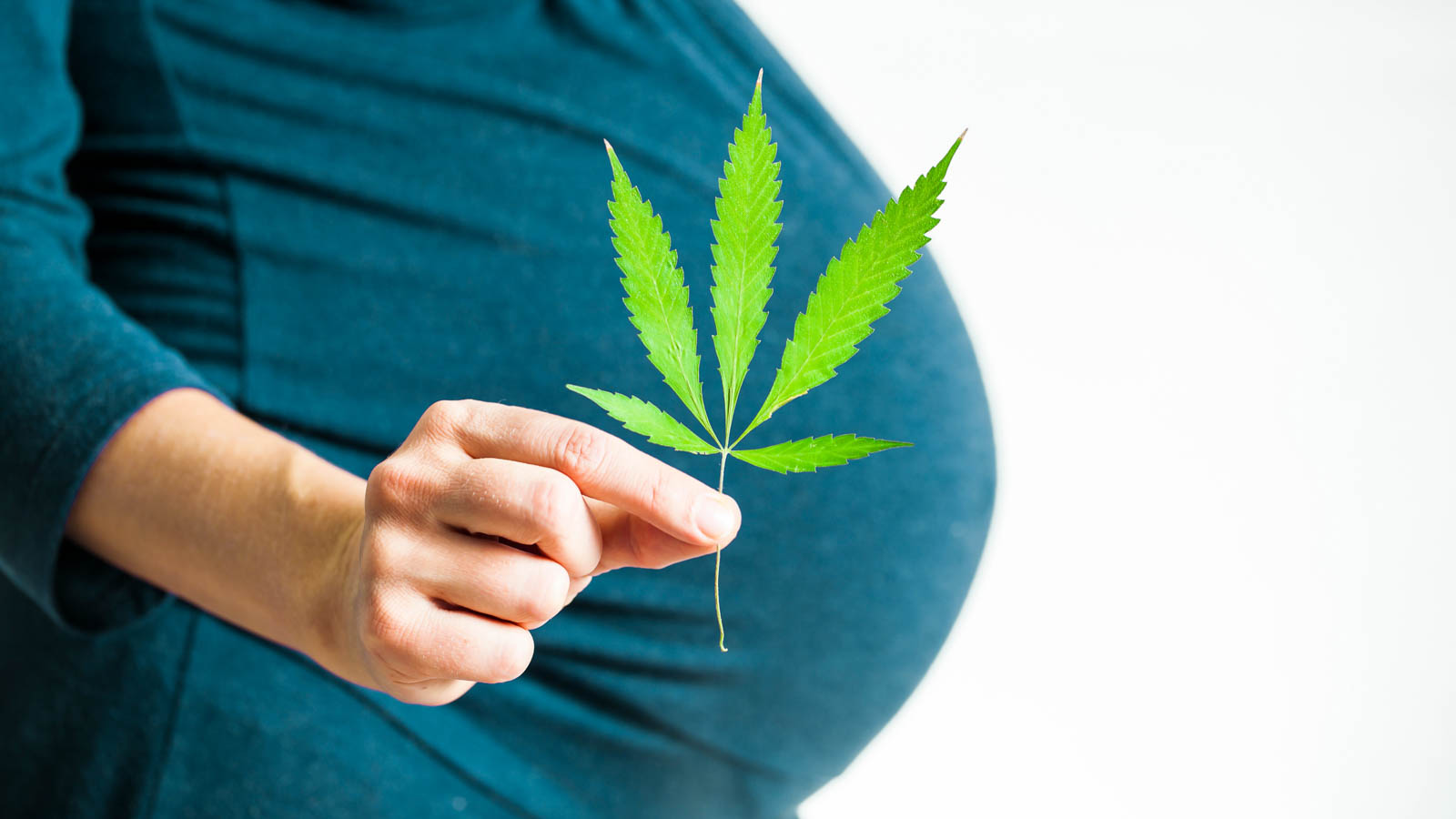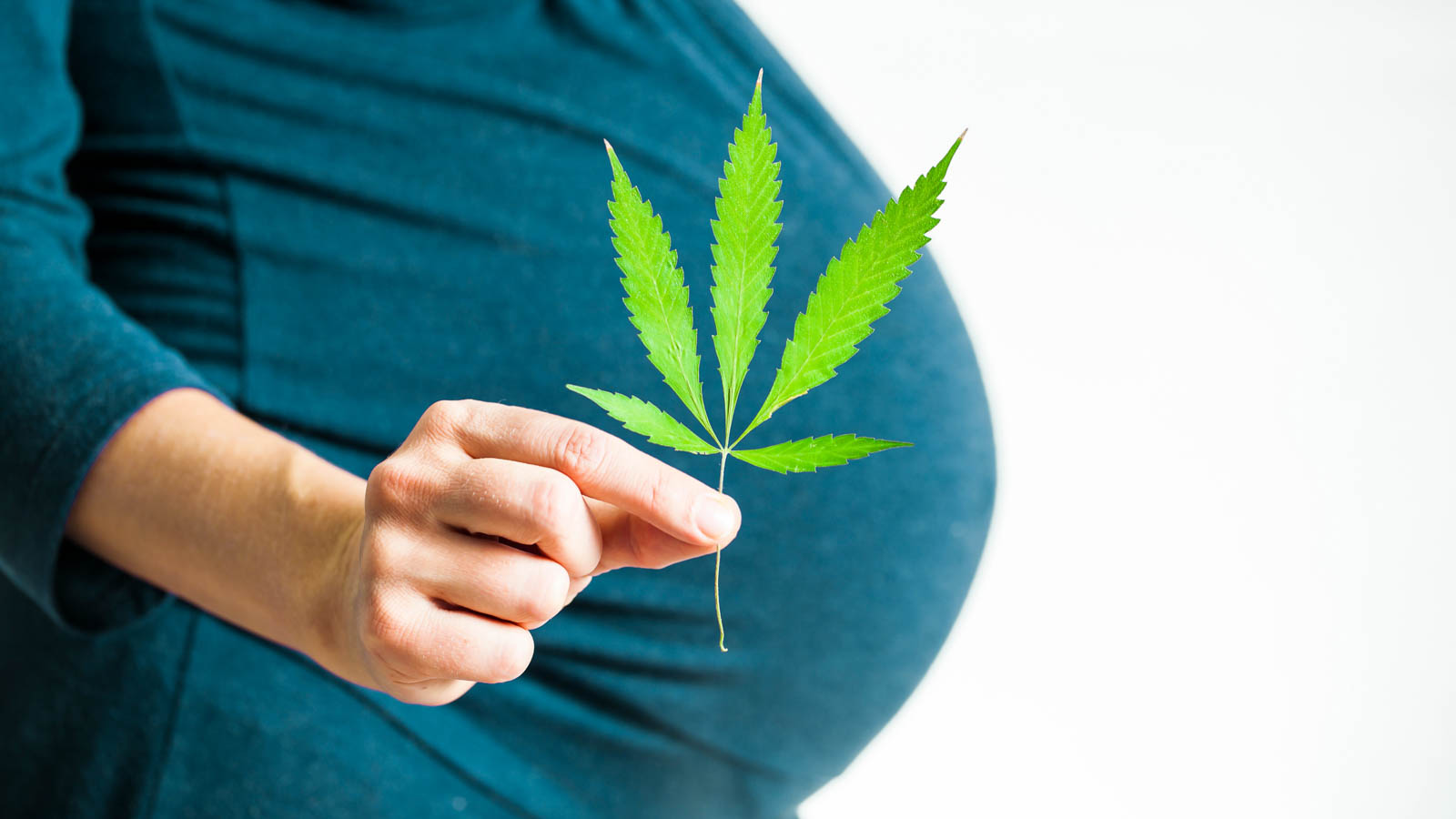
Medical studies about women who use cannabis during pregnancy and their babies’ health are limited, but researchers at the University of Washington (UW) School of Medicine in Seattle are seeking to change that with a new research project.
Launched in May 2019, the Moms + Marijuana project will examine the effects of cannabis on the brains of newborn babies. To that end, researchers are recruiting 70 women in the Seattle-area who are up to 13 weeks pregnant and who use cannabis frequently or not at all.
Upon signing up, the women must give consent that their newborns will undergo MRI brain scans at 6 months old to be compared with the brains of babies whose moms did not use cannabis, alcohol, or cigarettes.
The study is designed to solely look at the effects of cannabis on prenatal development, aiming to better understand how marijuana use affects fetal and infant growth and development, without the confounding influences of other drugs.
Historically speaking, most studies of cannabis use during pregnancy have focused on addiction, but the results are muddled because the pregnant participants also used alcohol and other substances in addition to cannabis.
“The very few investigations that have studied prenatal cannabis exposure and infant brain development have all involved women who are polysubstance drug users. No one has looked at marijuana use exclusively,” said Natalia Kleinhans, Ph.D., study co-leader and radiologist at UW’s School of Medicine, in a press release.
Research does, however, back up claims about the dregs of morning sickness, also known as hyperemesis gravidarum, that pregnant women constantly face, as well as the fact that marijuana has become the most commonly used illicit substance during pregnancy, according to the National Institute of Drug Abuse (NIDA).
This conclusion was based on data collected by Kaiser Permanente Northern California of nearly 300,000 pregnant women. The survey found that maternal prenatal marijuana use had nearly doubled from 4% to 7% from 2009 to 2016 and that women are using cannabis to treat adverse side effects of pregnancy, such as mild to severe nausea, vomiting, and pain.
“This study is targeting a very specific population of women who are using marijuana to manage their symptoms while they’re pregnant,” Kleinhans said. “There’s little research to back up the medical and public health advice they’re getting to stay away from pot to control nausea.”
Cannabis and Side Effects of Pregnancy
When Byrdie McCoy, a certified life and fitness coach and owner of Byrdie’s Babes in Portland, Oregon, was pregnant, she said she experienced severe sciatica, and pelvic pain as well as severe nausea and fatigue.
“My doctor prescribed several drugs I was uncomfortable taking, especially passing them to my unborn child,” she told Weedmaps News. “When I went back and told her I was medicating with CBD, she instantly turned into a different, judgmental person.”
Navigating the use of cannabis during pregnancy is difficult because most doctors refuse to discuss it, said several women interviewed for this article. Some even worry about their physicians contacting authorities over their cannabis use. In fact, The American College of Obstetricians and Gynecologists advises doctors to screen for marijuana use in pregnant women and encourage users to quit.
“While in labor, I was told that my son would be tested for drugs. It was awful and a profound reminder of the unforgiving stigma around cannabis and it’s deep-rooted racism,” continued McCoy, 31, who is of African-American and Samoan descent.
A freelance writer and mother of three in Texas, who did not want to use her name for the article, had complaints similar to McCoy’s.
“Here in Texas, we have to worry about our own physicians calling CPS [Child Protective Services],” she said. “Rather than helping us figure things out, their knee-jerk reaction is to discourage cannabis use and refuse to discuss existing research.”
Jen Bernstein, president and founder of the Women’s Cannabis Club, was among the fortunate whose obstetrician-gynecologist (OB/GYN) was knowledgeable and supportive but advised her to stay away from secondhand smoke.
While pregnant, Bernstein said she didn’t start consuming until the second trimester out of caution but, in retrospect, wished she’d started sooner.
“I chose to wait until the second trimester,” said Bernstein, a New York resident and mother of a healthy 3-year-old daughter. “I only wish I had consumed cannabis earlier in my pregnancy when I felt so nauseous and hungry at really odd times.”
A statewide poll conducted in Colorado in 2018 indicated that 70% of dispensaries were recommending cannabis products to treat nausea in the first trimester.
“As cannabis legalization expands, policy and education efforts should involve dispensaries,” noted the poll, which was published in the journal Obstetrics and Gynecology in June 2018.
Keira Fae, a cannabis insurance operations manager in Irvine, California, consumed cannabis during her first trimester, but only because she didn’t realize she was pregnant until she was three months along. After that, she began using cannabidiol (CBD) creams and tinctures that helped her cope with nausea, pain, and anxiety.
“I was reassured with my decision to use CBD when the World Health Organization published Cannabidiol (CBD) Critical Review Report in June 2018, which states that CBD has no effect on embryonic development,” she told Weedmaps News.
Cannabis Use During Pregnancy Remains Controversial
When it launched, the Moms + Marijuana research project sparked some inflammatory responses from prohibitionists. Since then, the research team has been reluctant to release details about the project.
“We are not disclosing any data about participants at this time or about the study except for what appeared on the website,” Brian Donohue, Public Information Editor at UW’s School of Medicine, told Weedmaps News via email.
Nevertheless, the Moms + Marijuana Study Facebook page is actively fielding questions, comments, and still recruiting volunteers.
“We don’t know yet what we’re going to find, but we don’t have an agenda,” the team stated on Facebook. “No matter what the effects may be, we want to provide accurate information to the public and to medical professionals giving advice.”











